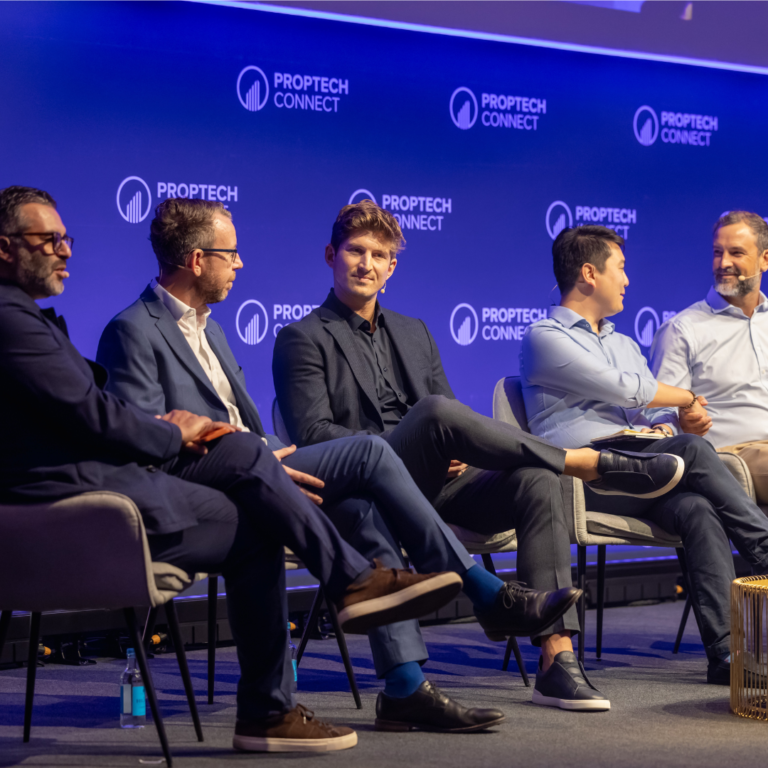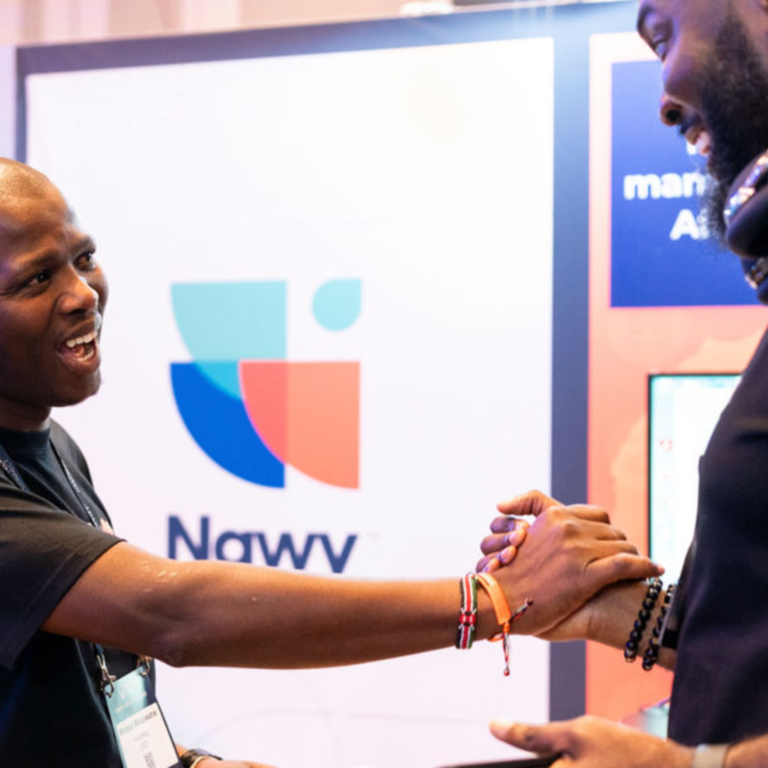
Shared 3 February, 2024
PropTech Connect » News & Insights » News

Startup accelerator Y Combinator is looking to invest in data center software and robotics firms.
The venture capital business has put out a call for startups developing automated solutions across the entire data center design and build process.
Y Combinator advises early-stage startups, providing funding, cloud credits, connections, and workshops. In return, it gets equity in the companies, usually around seven percent.
Businesses started through Y Combinator include Airbnb, Coinbase, Cruise, DoorDash, Dropbox, Instacart, Reddit, Stripe, and Twitch.
Prior to OpenAI, Sam Altman launched the startup Loopt through Y Combinator. While the concept mostly failed and the company was sold off for cheap, Altman ended up running Y Combinator, where he gained the contacts that helped him co-found OpenAI.
Y Combinator has long focused on the post-cloud app and software boom and, like most venture funds, has shifted to embrace AI. But with Altman’s new business having caused a data center supply crunch, it is now venturing into the infrastructure layer.
The company has already invested in data center space business Lumen Orbit, and underwater data center company NetworkOcean.
In both cases, given the location of such deployments, the facilities would be classed as ‘lights out’ data centers, where humans are not involved in the day-to-day maintenance or operation.
Now, Y Combinator is looking to find companies that can remove humans from the entire chain, starting at site selection.
“We need more data centers that are created faster and cheaper to build out the infrastructure needed for AI progress,” Diana Hu, YC group partner, said in a YouTube video.
“Hyperscale data center projects take many years to complete and – given all the interest and funding that has come up, and all the news, which is great – we need new companies and more clever solutions to speed up this build-out. Whether it be in power infrastructure, cooling, procurement of all materials, or project management.”
Hu previously worked in augmented reality and data science.
Dalton Caldwell, YC managing director, added: “I think we can paint a picture of what the future will look like. Software is going to handle all aspects of planning and building a new data center or warehouse. This can include site selection, construction, set up, and ongoing management.
“Now, picture these data centers or warehouses: They’re going to be what’s called lights out. There’s going to be robots, autonomously operating 24/7. We want to fund startups to help create this vision.”
Caldwell sold a social media site to MySpace, and cofounded App.net.
Lights-out data centers have long been a goal for the data center industry, with AOL launching its first such facility in 2011. But the need for constant repairs, replacements, and expansion work at large facilities has meant that they usually employ several dozen workers, alongside customers and contractors.
Microsoft – which tried and scrapped its own underwater data centers – has rebranded the concept as ‘zero-touch,’ building out a team that is developing its own robots for the data center.
Late last year, the company detailed some early work, including networking maintenance machines and crab-like systems. Microsoft ranked robotics in the data center on a scale of zero to four, from no automation to fully self-maintaining data centers.
“We are currently exploring robotics that operate between Levels 2 and 3,” Microsoft researchers said at the time.
AI has also long been used in hyperscale site selection and capacity management, well before the generative AI boom. The extent of how much it is used, and how much it helps, remains a closely-guarded secret.
Software and machine learning are also used for data center supply chain management. However, the data center design changes and constraints caused by AI development has meant existing processes needed changing, necessitating more human involvement.
The Uptime Institute estimates that more than two million people work in the data center industry.
Join our community of 200,000+ real estate leaders and get weekly insights and updates with our newsletter.









*Offer ends on Friday, 7th February.
